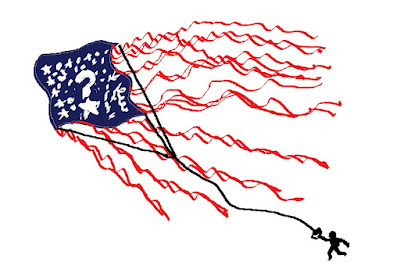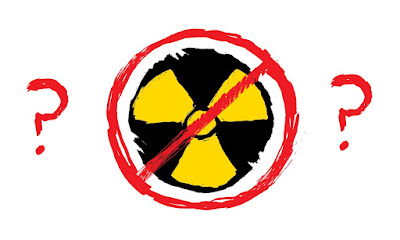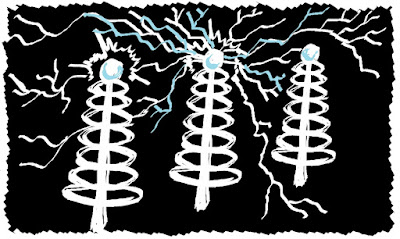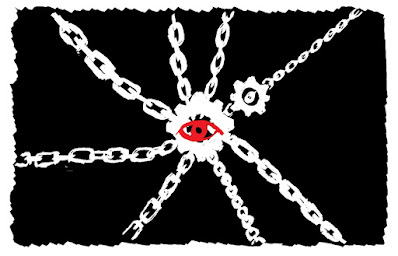While Britain and America differ a lot in terms of values, the different handling of the right to bear arms is down to more than this.
A recent shooting that claimed four lives in Tulsa, Oklahoma will likely see the debate over gun ownership reignited in the United States. For our part in Britain, we almost all believe the lax American attitude to guns is crazy and dangerous. It seems hard to argue that someone with mental illness living in a place with no apparent threats could need access to guns, and seems right that they be barred.
Nonetheless, there are ample reasons to think America is just a different enough place that owning firearms is more justified there than here.
#1 States’ rights
The US is in some ways more like a federation of smaller countries than an individual nation, and life in each state can be supposed to be quite different. As such, laws governing just about any aspect of life can be different from state to state, and this is necessary to the large and diverse nature of the United States’ territory and people. Many things cannot be helped. In some states, the population may be sparse and it may take too long for police to respond to incidents in certain places to truly rely on them to protect the public. In others, firearms may even be needed to defend against wildlife. All of this would be unheard of in the UK, where the level of protection expected of a member of the public is just about the same everywhere you go.
#2 Large territory
In a country with vast and sparsely populated regions, the ability to police the territory reliably and at all times is greatly hampered. Police in the UK will typically respond to any incident within mere minutes, or spot it before it can happen, because their patrols are so frequent. Surveillance is pretty reliable and covers almost everything, so any serious criminal can barely get started on any crime without realising they have already left enough evidence to be jailed. In the US, the large size of the territory likely makes this harder. Areas can be sparsely populated, and consequently not so monitored by law enforcement in great detail. Many altercations may take place for enough from the eye of the law that only carrying one’s own firearm can make a person feel somewhat more secure. The problem of the country’s large size would also drastically complicate any hypothetical policy of gun confiscation, compared to a much smaller and more densely populated island nation like Great Britain.
#3 Large land borders
Although different US administrations have tried to address problems at the border with Mexico, and sought to make it much harder for illegal immigrants and contraband to get across, the reality is that fully sealing the border with such a populous neighbour may be too costly compared to just dealing with whatever crime leaks into the US. Therefore, guns are likely to get through here and end up being sold, regardless of what is done about gun ownership laws at a federal level. This can of course be disputed by the fact that most of this smuggling is from the US side into Mexico, but it still shows how easily products can cross the border, and criminals are likely to be able to still traffic weapons despite restrictions on how individuals can make gun purchases. Compare this with the United Kingdom, where the seas seal us off from Europe, which in turn has its own measures against gun ownership. Everything passing into the territory of the UK goes through customs, often in the EU and then in the UK separately (following Brexit), whereas many things making it into the US likely don’t.
#4 Many people already bear arms
The facts on the ground are just too unfavourable to even begin to confiscate people’s guns in America. Where would anyone begin? Gun culture and gun ownership is so pervasive that any federal force hypothetically tasked with confiscating guns would likely suffer insurmountable casualties for the attempt, if it encountered even a fraction of the resistance threatened by many American gun owners to such a move. In the UK, very few citizens have access to guns or ammo. These people know that there are vanishingly few like them, and government surrender schemes for people to turn in their weapons without punishment do result in significant numbers complying.
#5 The Constitution
The right to bear arms is such an undeniable core part of the US Constitution that the country would not be the same without it. This is a key part of the American identity and something that defined the country ever since its people decided to shoot up their British former masters. In Britain, our society evolved directly from a feudal one, in which very small bodies of armed men formed the authorities and ruled over the rest, and their access to weapons marked them out as the state. The people were always expected to have no weapons.
Practical realities
To conclude, it is very much ethical and feasible for the British people to have no weapons among their property. For the most part, we aren’t at risk of armed criminals, animals, or vacuums of authority, however transitory, on our territory, so people carrying guns all of a sudden would make our lives less safe. In the US, however, social and even geographic factors make their different attitude to gun ownership better for them. Given enough time, values and ideologies tend to adjust to practical realities in a given locale, rather than vice versa. America works out best as a home for those of a more libertarian view. This is a great example of how different people and places in the world should be entitled to their own values and way of handling their affairs, rather than a single ideology being right for the world.


















